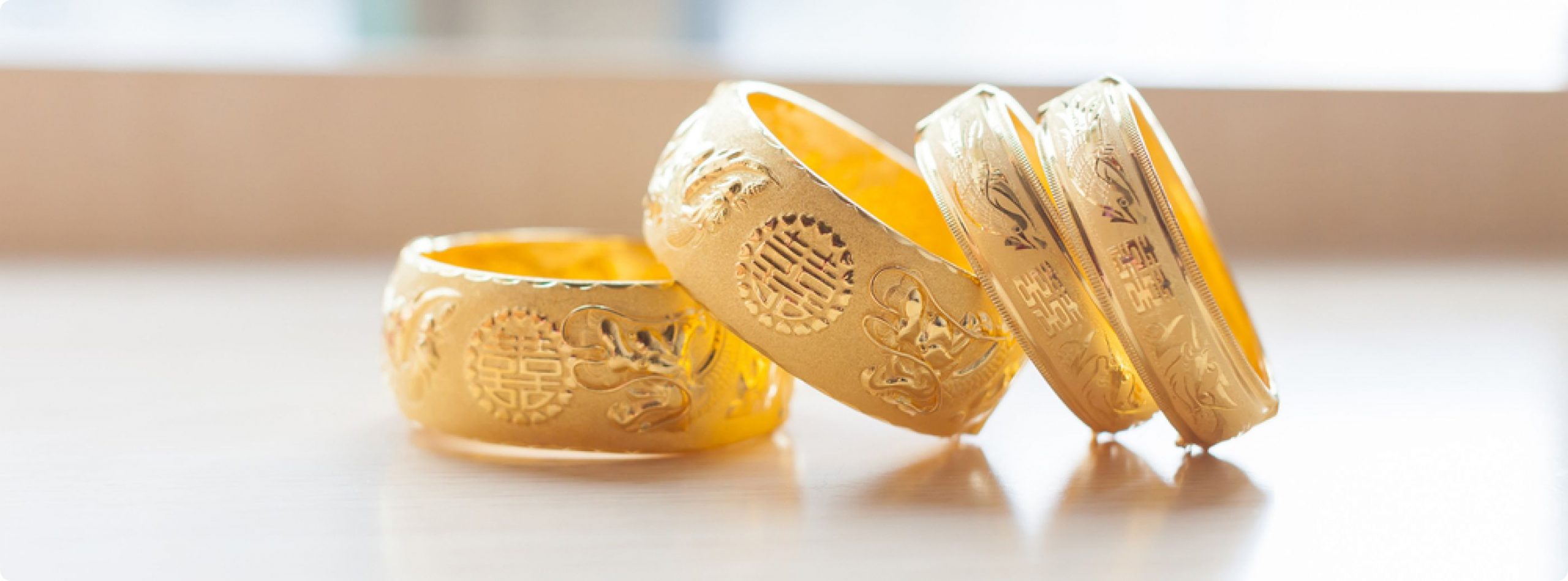The Evolution of Gold Jewellery in Modern Fashion

5min read

Gold jewellery has long held a significant place in human culture and history. From ancient civilizations to the modern era, gold has captivated hearts with its timeless allure. The evolution of gold jewellery in modern fashion reflects the changing trends, tastes, and preferences of contemporary society. In this blog post, we will delve into the fascinating journey of gold jewellery, exploring how it has adapted and transformed to remain a staple of fashion and style.
Historical Significance
Gold has held cultural and symbolic significance throughout history. In ancient civilizations such as Egypt and Mesopotamia, gold jewellery represented power, wealth, and social status. It adorned royalty and was used to commemorate important events. As societies progressed, gold became a symbol of luxury and prosperity, finding its way into various forms of ornamentation, including intricate necklaces, bracelets, earrings, and rings. The craftsmanship and artistry of goldsmiths were revered, and their creations became highly sought after.
Traditional Aesthetics
Traditional gold jewellery designs often showcased intricate patterns, filigree work, and ornate motifs. Different regions and cultures developed their unique styles, incorporating symbolism and religious elements into the designs. For example, the temple jewellery of South India featured elaborate detailing inspired by temple architecture and deities. Similarly, the intricate designs of Kundan and Meenakari jewellery from Rajasthan displayed vibrant colors and enameling techniques.
Modern Adaptations
As fashion evolved and lifestyles changed, gold jewellery also underwent a transformation. The modern era saw a shift towards minimalism, sleekness, and versatility. This gave rise to contemporary gold jewellery designs that catered to the preferences of the fashion-conscious individuals. Clean lines, geometric shapes, and abstract forms became popular, appealing to those seeking a more understated yet sophisticated look. The focus shifted from heavy ornaments to delicate pieces that could be easily layered and mixed and matched.
Incorporating Gemstones
Gemstones have played a significant role in enhancing the beauty and elegance of gold jewellery. From precious diamonds to colorful gemstones like rubies, emeralds, and sapphires, their incorporation added vibrancy and individuality to the designs. Modern jewellery designers began experimenting with unconventional gemstone choices, introducing unique color combinations and asymmetrical arrangements. This fusion of gold and gemstones created an exciting blend of classic and contemporary aesthetics.
Innovation in Techniques
Advancements in technology and techniques have revolutionized the way gold jewellery is crafted. Traditional handcrafted pieces are still cherished, but modern methods such as 3D printing and laser cutting have opened new possibilities. These techniques enable the creation of intricate and complex designs with precision and speed. Moreover, contemporary gold jewellery incorporates mixed metals, such as rose gold and white gold, adding versatility and a touch of freshness to the designs.
Sustainable Practices
In recent years, there has been a growing emphasis on sustainable practices in the fashion industry, and gold jewellery is no exception. Ethical sourcing of gold and the use of recycled gold have gained prominence. Jewellers are embracing responsible mining practices and providing transparency in their supply chains. Additionally, the trend of repurposing and upcycling old gold jewellery into new designs is gaining popularity, promoting sustainability and reducing waste.
Conclusion
The evolution of gold jewellery in modern fashion showcases its enduring charm and adaptability. From its historical significance to the incorporation of contemporary design elements, gold jewellery continues to capture the imagination of individuals worldwide. As fashion trends evolve, gold jewellery will undoubtedly continue to transform, effortlessly blending tradition with innovation and reflecting the ever.







